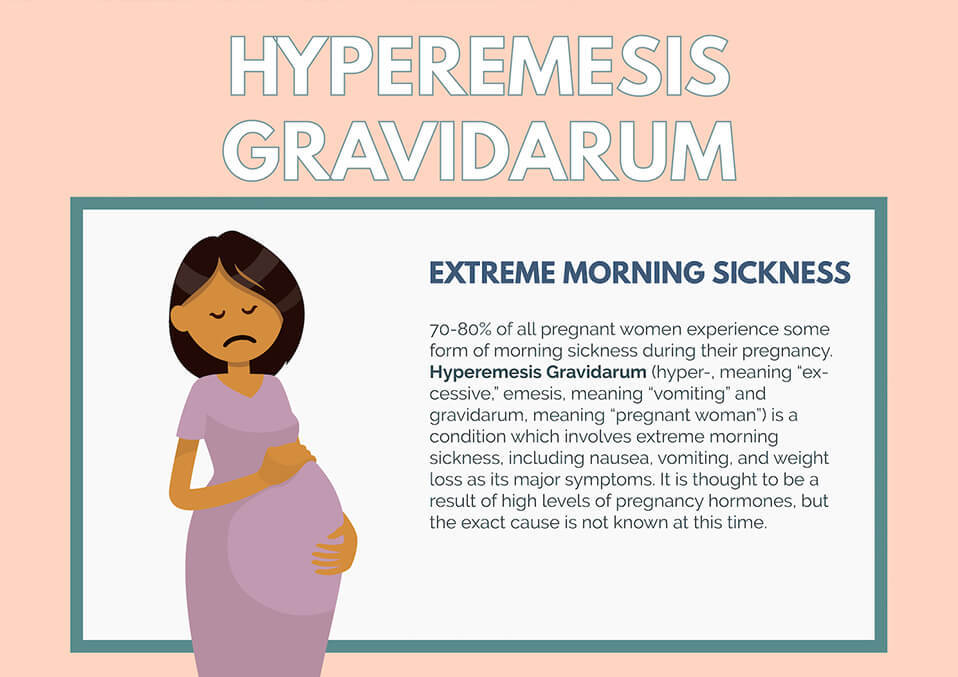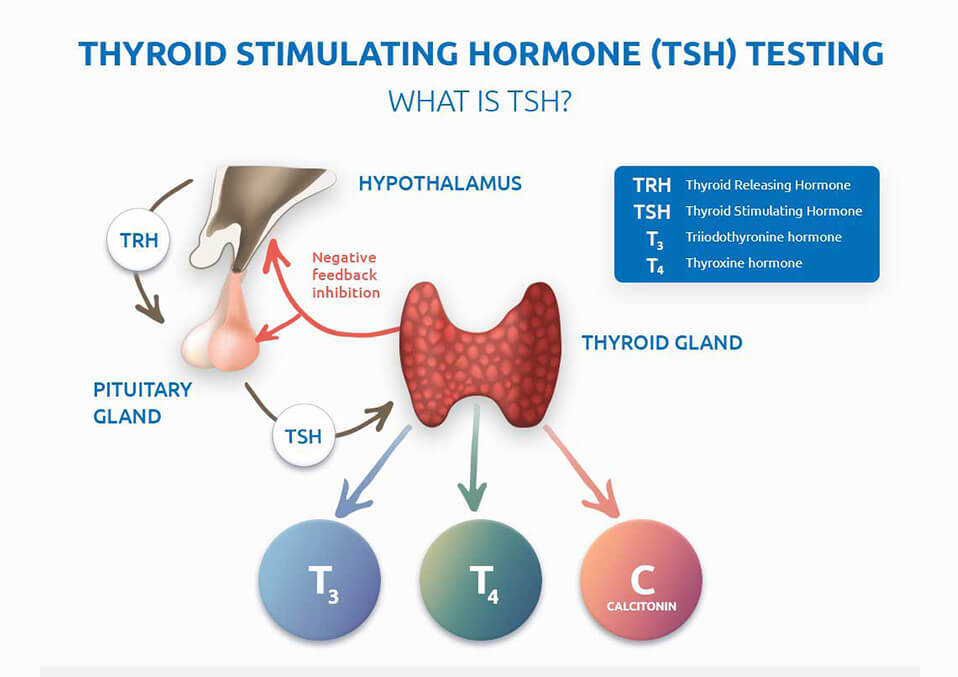
Overview:
Vomiting during pregnancy is a healthy sign that you are pregnant! In case you haven’t known. It is usually a good indicator when a woman is pregnant, especially in women who are unaware of their pregnancy.
Vomiting may also be accompanied by nausea, the symptoms may vary in severity depending on the woman’s body.
Why am I vomiting during pregnancy?

As mentioned before, vomiting is a natural symptom that occurs when a woman is developing a fetus inside her body, other symptoms of pregnancy aside from vomiting are:
- Hot flashes.
- Nausea.
- Gaining weight during the first 8 weeks after conception.
- Tender and bigger breasts.
- Vaginal wetness is more common than usual.
- A surge of hormonal fluctuations that could result in higher libido.
- Pain in any part of the body especially the pelvic area.
These symptoms are present in a healthy pregnancy period, they are the signs that your body is creating a surge of change, it is preparing itself to the changes the baby will make, this symptoms are part of the pregnancy period, any loss of symptoms could mean something is wrong with your pregnancy or there is a miscarriage that occurred.
What is hyperemesis gravidarum? There any complications and risks When vomiting during pregnancy?

Frequent vomiting is medically termed as hyperemesis gravidarum; its etymology is rooted in the old Latin language meaning for excessive vomiting in pregnancy. The prefix hyper means “over”; while the emesis means “vomiting”; and gravidarum means “pregnant state or being.”
Aside from the medical name it’s most commonly used term is the severe morning sickness which is the painful reality most women during pregnancy experience.
Despite the term morning sickness; this condition can happen to a pregnant woman at any time of the day whether it is day or night.
This condition is different from the normal vomiting during pregnancy; it is a type of excessive vomiting that usually occurs during the first weeks of pregnancy.
Hyperemesis gravidarum is medically defined as a medical condition wherein the woman vomits frequently and in excess amounts; this often leads to a general significant loss of the woman’s body weight.
Hyperemesis gravidarum happens in every 300 pregnant women. Many pregnant women who are experiencing this condition are usually expecting twins or multiples and pregnant women who are experiencing their first pregnancy.
This condition is usually not that really serious; it stops on its own, although, women experiencing this may feel the discomfort of vomiting too much, it doesn’t require any medical treatments prenatal checkups are always necessary.
What are the causes of hyperemesis gravidarum?

Pregnancy from different women may vary; some may experience more discomfort than others, as mentioned before; pregnant women are more likely to experience Hyperemesis Gravidarum if they’re expecting multiple babies or are experiencing their first pregnancy.
Other factors include dietary and hormonal levels, women with high concentrations of the placenta hormone or hCG (human chorionic gonadotropin) or other hormones found in the blood such as estrogen or thyroid hormones in the blood. This is mostly because the woman’s body is adjusting to the baby’s growth and development and this can create a demand for the woman’s body.
However; if you have high thyroid hormones of having an overly active thyroid process you might be experiencing hypothyroidism and you should consult the doctor immediately a’s it can create complications to your baby.
What are the effects, risks, and complications of hyperemesis gravidarum?
Morning sickness or severe Hyperemesis Gravidarum when improperly treated can cause electrolyte imbalances, mild or severe dehydration; loss of energy or fatigue and in extreme cases losing weight and malnourished baby.
What are some things I can do to prevent or minimize the discomfort of hyperemesis gravidarum?
There are several treatments to prevent and minimize the discomfort of frequent vomiting, it usually depends on the severity of your condition; if you experience mild hyperemesis gravidarum; certain preventive measures can be done to help alleviate the discomfort.
On the other hand; if you’re severe hyperemesis gravidarum; you may need to seek a doctor immediately for medical supervision.
Some preventive measures to help minimize the effects and the discomfort of Hyperemesis gravidarum are as follows:
- Take your prescribed prenatal very vitamins, this special vitamins prescribed by your doctor will contain an essential formula that will supplement your body’s daily needs; preventing any kind of inflammatory response on the symptoms of pregnancy and that includes Hyperemesis gravidarum
- Take a healthy and well balanced diet; studies have shown that a great diet consisting of fruits, vegetables; low-fat protein sources, essential carbohydrates, and omega-3 fatty acids rich foods have a reducing impact on the severity of pregnancy symptoms; this will also make sure that your baby is getting enough of your nutrient supply since your body has high demand of nutrients considering you are feeding yourself and your baby.
Read also: Hot Flashes During Pregnancy: How To Deal With It?
- Get hydrated, it is essential to always be hydrated as possible during pregnancy especially if you’re experiencing Hyperemesis Gravidarum; you will usually lose many nutrients and fluids after vomiting and it might result in loss of weight; drink water and high-water content fruits and vegetables such as watermelons, winter melons, and grapes.
- Have a good rest, if possible take your maternal leave, always make sure you are getting 7-8 hours of sleep, rest if you feel fatigued or experience frequent vomiting, it eases the discomfort.
- Be physically active, exercising is also a good way to alleviate the symptoms of pregnancy and help reduce the severity of the symptoms, try doing low intensity exercises such as walking, yoga, stretching, you can also try physical activities that are soothing but always consult your doctor first, if the doctor agrees, you can try on some good physical therapies such as aromatherapy, hydrotherapy, and acupuncture.
- Take your antacids as prescribed by your doctor.
The treatment of low-intensity hyperemesis gravidarum can usually be alleviated by dietary measures, and other things said above.
Severe hypermedia, on the other hand, may call for certain medical treatments that are performed by your doctor. Some of these treatments are:
- IV Therapy or Intravenous fluid which includes a medical syringe inserted into the skin where the fluids and nutrients are directly going off into your bloodstream might help your body in replenishing lost fluids and nutrients due to your excess vomiting.
- Certain medications that need prescription can be given by your doctor to prevent and help in your excess vomiting.
- You can be admitted to the hospital for certain tests to determine the actual cause of your severe vomiting, this will also make sure your baby is safe.
Read also:
- Why Pregnant Women Vomit?
- How Do You Deal With Nausea During Pregnancy?
- Why is my Baby is Vomiting? what can I do about it?


